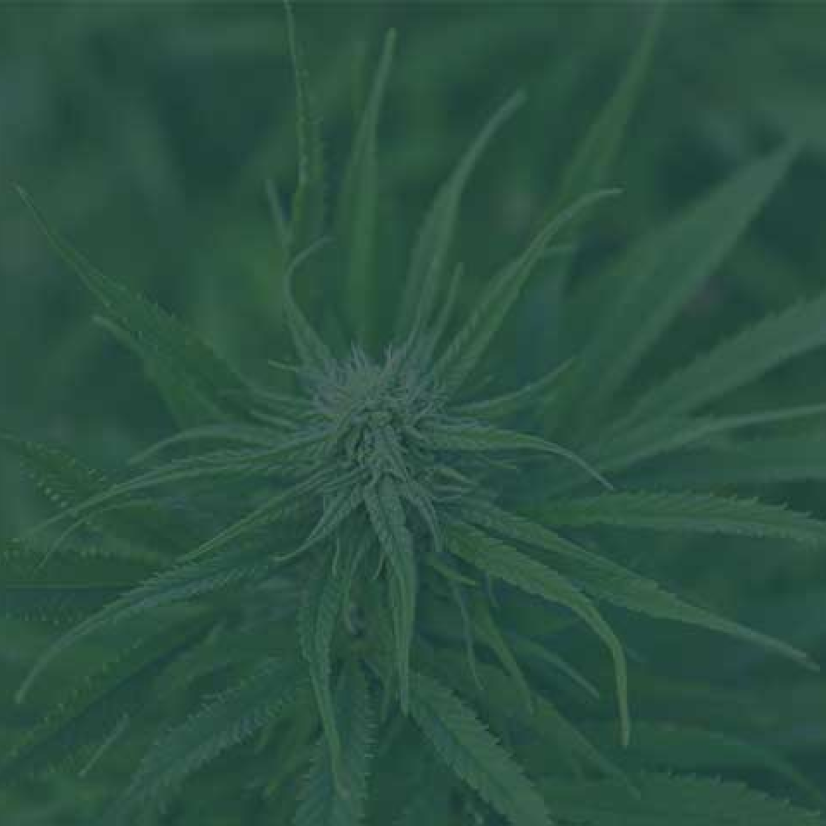Choosing hemp over traditional grains like wheat, rice, or corn can have significant environmental benefits, making it a sustainable alternative in agriculture. Here’s how hemp compares to traditional grains in terms of its environmental impact:
1. Water Usage
-
Hemp: Requires significantly less water to grow than traditional grains. Hemp thrives in a variety of climates and often does well with natural rainfall, reducing the need for irrigation.
-
Traditional Grains: Crops like rice and wheat are water-intensive. For example, rice requires 2,500 liters of water to produce just 1 kilogram of grain.
Why it matters: Choosing hemp helps conserve water resources, especially in areas prone to drought or water scarcity.
2. Land Efficiency
-
Hemp: Produces more biomass per acre than many grains, making it highly efficient. Hemp can be grown densely and yields not only seeds for food but also fiber for textiles, construction materials, and more.
-
Traditional Grains: Corn and wheat often require vast areas of land to produce the same nutritional value or usable material.
Why it matters: Hemp offers higher yields with multifunctional uses, making it a more efficient use of agricultural land.
3. Soil Health
-
Hemp: Acts as a soil rejuvenator. Its deep roots aerate the soil, prevent erosion, and help replenish nutrients. Hemp also absorbs heavy metals and toxins, making it useful for soil remediation.
-
Traditional Grains: Over-reliance on monocropping (e.g., wheat, corn, rice) depletes soil nutrients, requiring chemical fertilizers that can harm ecosystems.
Why it matters: Growing hemp supports healthier, more sustainable soil ecosystems and reduces the need for synthetic fertilizers.
4. Carbon Sequestration
-
Hemp: Absorbs more CO₂ per acre than most crops, making it an excellent tool for combating climate change. Some estimates suggest hemp can absorb up to 15 tons of CO₂ per hectare during its growing cycle.
-
Traditional Grains: While grains also absorb CO₂ during growth, they do not match hemp's efficiency in carbon sequestration.
Why it matters: Hemp farming can act as a carbon sink, reducing greenhouse gas emissions and mitigating climate change.
5. Pesticides and Herbicides
-
Hemp: Naturally resistant to pests and weeds, requiring little to no pesticides or herbicides. Its fast growth and dense canopy outcompete weeds naturally.
-
Traditional Grains: Corn, wheat, and rice often rely heavily on chemical inputs, contributing to soil and water pollution and harming biodiversity.
Why it matters: Growing hemp reduces chemical runoff, protecting waterways and surrounding ecosystems.
6. Biodiversity
-
Hemp: Encourages biodiversity by growing well in rotation with other crops. It improves soil health and provides a habitat for beneficial insects.
-
Traditional Grains: Monocropping of grains reduces biodiversity and often leads to habitat destruction.
Why it matters: Hemp contributes to healthier ecosystems and can coexist with diverse farming practices.
7. Yield Versatility
-
Hemp: Offers multiple byproducts from a single crop—seeds for food, oil, and protein; stalks for fiber, paper, and bioplastics. This reduces waste and maximizes its utility.
-
Traditional Grains: Primarily used for food or feed, with limited additional uses compared to hemp.
Why it matters: The versatility of hemp reduces the environmental cost per unit of product.
8. Energy Efficiency
-
Hemp: Requires less energy to grow, harvest, and process compared to traditional grains. For example, hemp protein and oil extraction involve fewer processing steps.
-
Traditional Grains: Energy-intensive farming practices and processing methods, such as milling wheat or polishing rice, increase their carbon footprint.
Why it matters: Hemp’s lower energy demands reduce overall emissions and resource usage.
9. Reducing Deforestation
-
Hemp: Can be grown on marginal lands unsuitable for traditional grains, reducing the pressure to clear forests for agricultural expansion.
-
Traditional Grains: Grain farming often leads to deforestation, particularly for corn and rice in tropical regions, contributing to habitat loss and increased carbon emissions.
Why it matters: Hemp farming can help protect forests and preserve biodiversity.
10. Waste Reduction
-
Hemp: Almost every part of the plant can be used, from seeds to stalks. This means minimal waste compared to traditional crops.
-
Traditional Grains: Often leave behind husks, stalks, and other waste products that may not always be utilized.
Why it matters: Hemp’s zero-waste potential aligns with circular and sustainable farming practices.
Summary of Environmental Advantages of Hemp
| Category |
Hemp |
Traditional Grains |
| Water Usage |
Low |
High |
| Land Efficiency |
High biomass yield |
Lower efficiency |
| Soil Health |
Rejuvenates and cleans soil |
Depletes soil nutrients |
| Carbon Sequestration |
High |
Moderate |
| Chemical Use |
Minimal |
High pesticide/herbicide use |
| Biodiversity |
Encourages |
Reduces |
| Waste |
Near zero |
Moderate |
Conclusion
Switching to hemp from traditional grains can significantly reduce environmental impact by conserving water, improving soil health, sequestering carbon, and requiring fewer chemical inputs. Its versatility and sustainability make it an excellent choice for eco-conscious consumers and a powerful ally in combating climate change.

